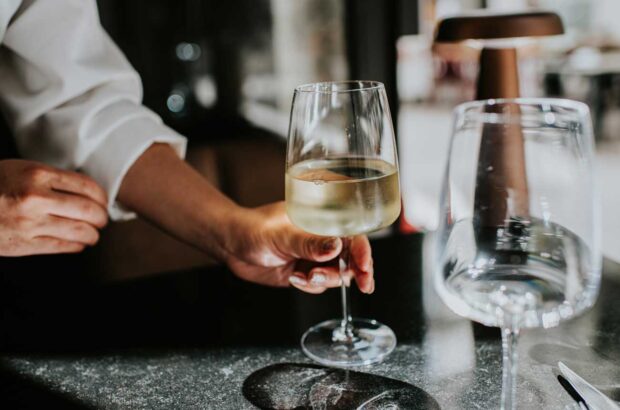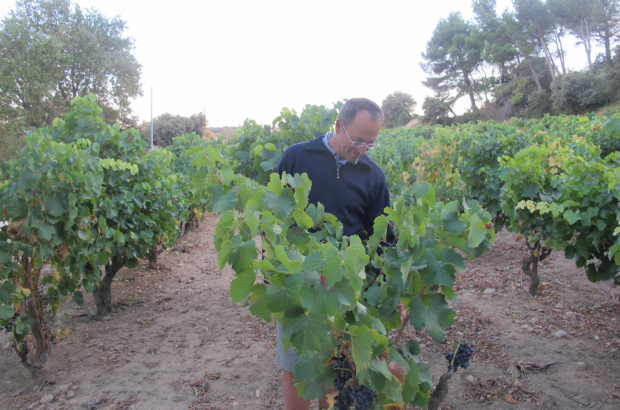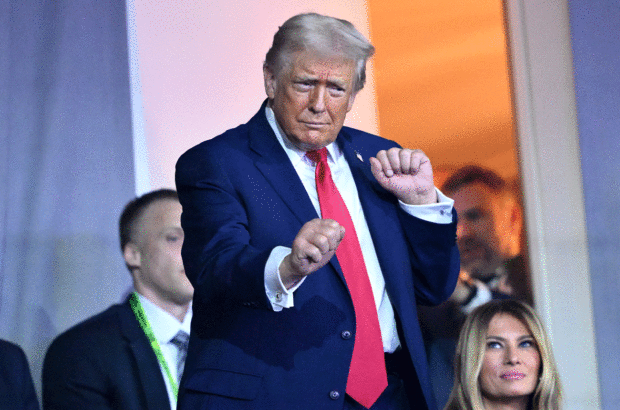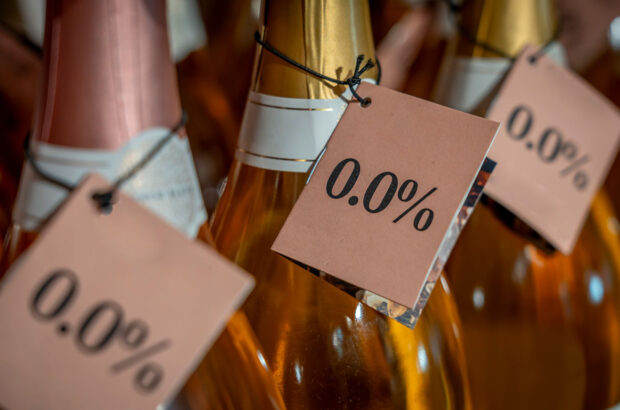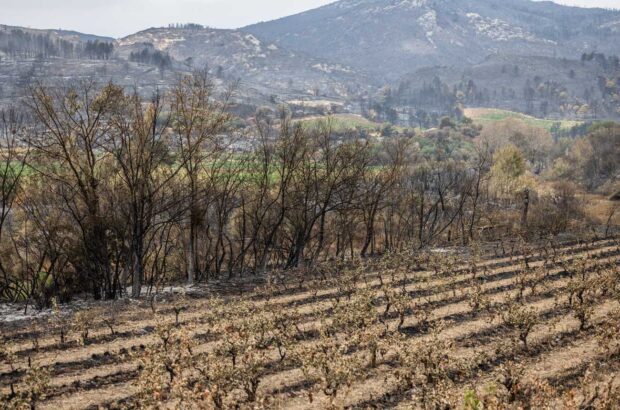The German army's official surrender in Reims on 8 May 1945 - Victory in Europe (VE) day - tasted particularly sweet for the canny, local Champagne winemakers and workers who spent much of World War Two outfoxing the occupying forces, writes Julian Hitner.
Champagne’s greatest wartime defender: Count Robert-Jean de Vogüé (1896-1976)
In addition to his negotiations with the weinführer and his role within the CIVC, Count Robert-Jean de Vogüé was involved in the activities of the French Resistance, secretly heading its political wing in the eastern part of France. As such, Herr Klaebisch and his superiors became suspicious of de Vogüé’s movements and communications.
Matters came to a head on 23 November 1943 during a meeting with the weinführer, when de Vogüé was placed under arrest. He was sentenced to death, but after a tremendous rallying cry on the part of the Champenois this was commuted to imprisonment. Adding further salt to the wound, Moët & Chandon was placed under direct control of the Nazis for the rest of the occupation and Herr Klaebisch was appointed its head.
Meanwhile, de Vogüé languished at the Ziegenhain concentration camp for 18 months. When he returned home at the end of the war, family and friends were stunned by his condition. He was an entirely broken man. And yet, over time, de Vogüé was able to regain much of his former dynamism and elegance, though his physical and emotional health was never the same.
In the following decades, de Vogüé lavished every success on Moët & Chandon, expanding its distribution and revenues to unrivalled levels. Passing away peacefully in 1976, he will be remembered as one of the greatest wartime defenders Champagne was fortunate enough to have.



